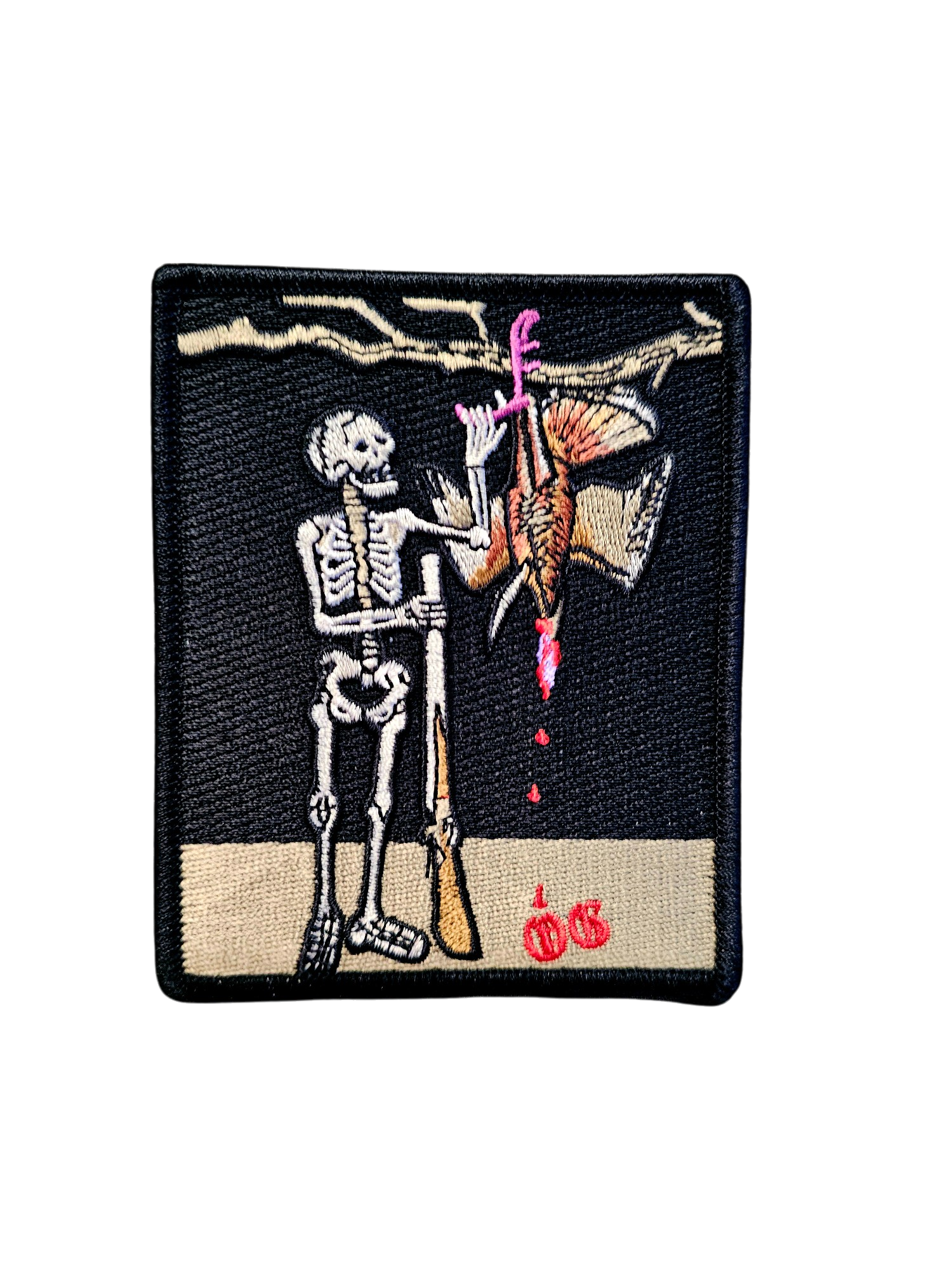        |
What hen sounds when gobbler is close?Started by Meleagris gallopavo, April 05, 2023, 08:55:52 AM Previous topic - Next topic
User actions
|
        |
What hen sounds when gobbler is close?Started by Meleagris gallopavo, April 05, 2023, 08:55:52 AM Previous topic - Next topic
User actions
|